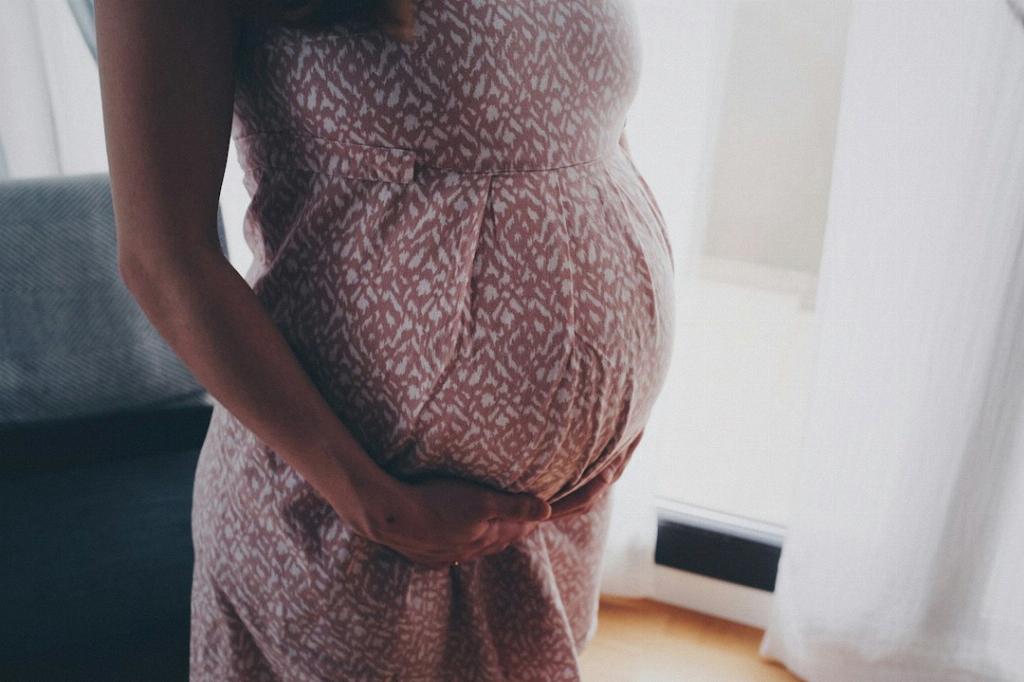For transgender women, the possibility of conceiving a child is a complex and multifaceted issue that involves both physical and emotional considerations. One important factor to consider is the individual’s reproductive health prior to transitioning. Transgender women who have not undergone hormone therapy or surgery may still have the ability to conceive biologically.
However, for many transgender women who have undergone hormone replacement therapy (HRT) or gender-affirming surgeries such as orchiectomy or vaginoplasty, the ability to conceive through traditional means may be compromised. HRT can affect fertility by suppressing sperm production and reducing the chances of natural conception.
Despite these challenges, there are still options available for transgender women who wish to have children. One common method is through the use of assisted reproductive technologies such as sperm cryopreservation. Transgender women who have banked sperm prior to starting HRT or undergoing surgery have the option to use that sperm for insemination through methods such as in vitro fertilization (IVF) or intrauterine insemination (IUI).
Another possibility for transgender women to have children is through the use of a gestational carrier. In cases where a transgender woman does not have a female partner or is unable to conceive biologically, a gestational carrier can carry the pregnancy to term using either the transgender woman’s own eggs or donor eggs fertilized with sperm from a partner or a sperm donor.
It is important for transgender individuals considering parenthood to seek guidance from experienced healthcare providers who are knowledgeable about the unique needs and challenges of transgender fertility. This may involve consulting with fertility specialists, endocrinologists, and mental health professionals to explore all available options and make informed decisions.
While the journey to parenthood for transgender women may require additional steps and considerations compared to cisgender individuals, it is possible for MtF individuals to have babies through various assisted reproductive technologies and support systems. It is essential for transgender individuals to have access to inclusive and affirming healthcare services that respect their reproductive autonomy and support their desire to start or expand their families.
Overall, the ability of MtF individuals to have babies is influenced by a combination of factors such as their reproductive health status, hormonal treatments, surgical history, and personal preferences. Each individual’s path to parenthood is unique and may involve a range of medical interventions, legal considerations, and emotional support to navigate the complexities of transgender fertility.
It is important for the medical community to continue evolving and improving inclusive practices for transgender individuals seeking reproductive assistance. By recognizing and addressing the specific needs and concerns of transgender patients, healthcare providers can help facilitate safe, effective, and compassionate care for those on the journey to parenthood.

